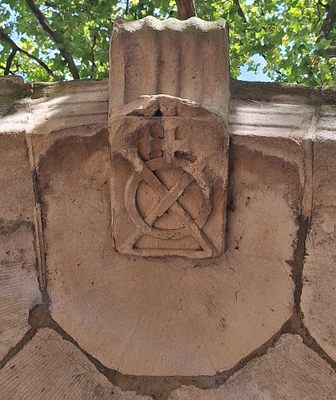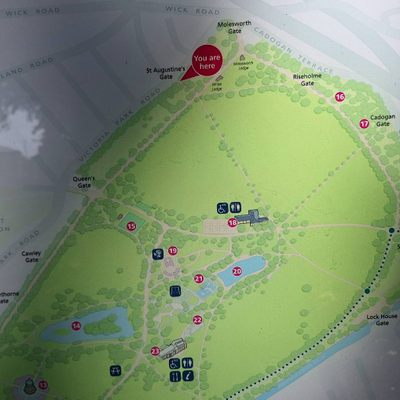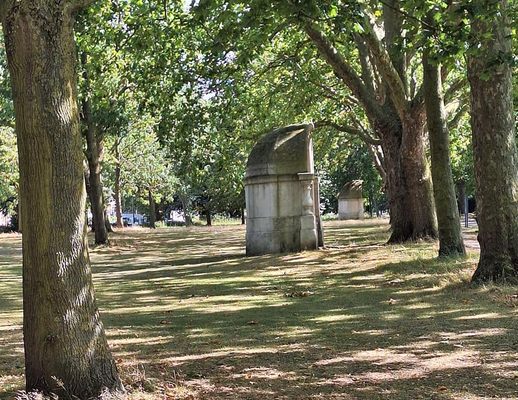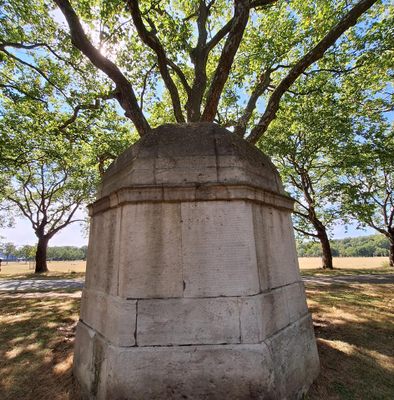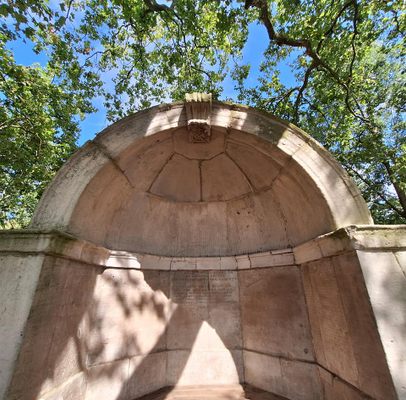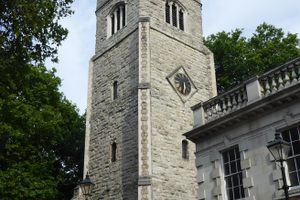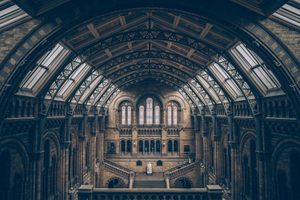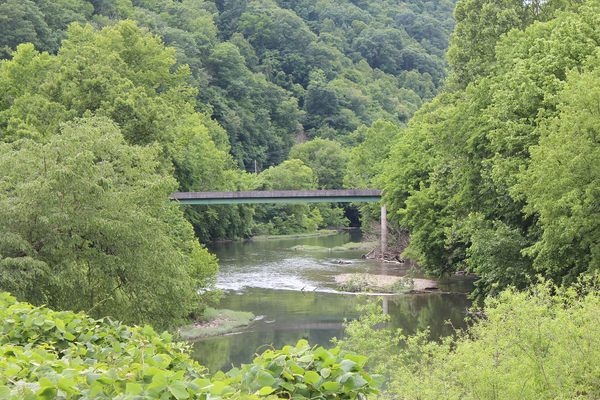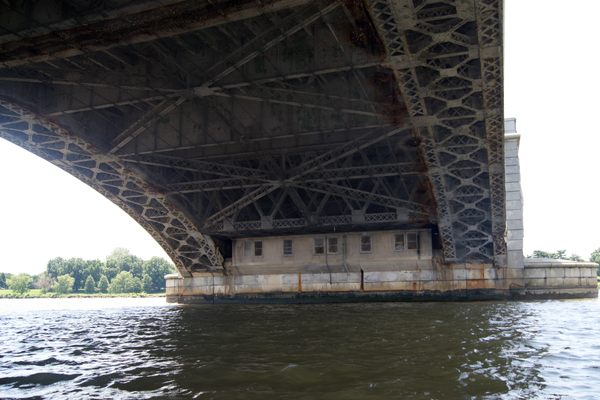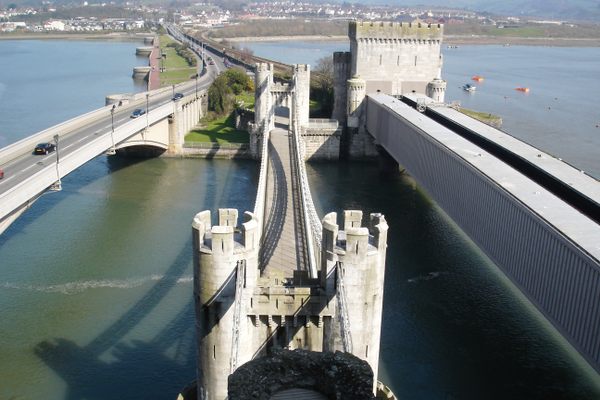About
On either side of Victoria Park’s Cadogan Gate entrance, you can see, and sit within, a part of Old London Bridge. Bridges have crossed the Thames in the same area of London for millennia, at least since the Romans constructed a wooden crossing in the first century. The longest-standing "London Bridge" lasted from 1209 to 1831, and over the centuries hundreds of houses and shops were built upon the bridge, to such an extent that some buildings lent into the middle, forming a sort of tunnel, while others overhung the River Thames below.
In the second half of the 18th century, growing traffic required the crossing to be widened, and as such the multitude of buildings were removed. The bridge was remodeled and 14 domed, portland stone alcoves were installed for travelers to rest, and to strengthen the bridge itself. Recognizing the risk posed by ne’er-do-wells who may use the alcoves to ambush passersby, watchmen were employed to patrol the bridge each night.
By 1831, despite the earlier alterations, the bridge, now over 600 years old, was completely demolished in favor of a more modern construction close by. During the deconstruction of Old London Bridge, several alcoves were recovered. Two of these were donated to Victoria Park in 1860, where they have stood since, providing shelter to the park's visitors.
A curious feature of the alcoves is their ability to carry sound from one side to another, similar to the Grand Central Terminal Whispering Gallery, allowing those sitting within to converse without being drowned out by the old bridge’s traffic.
Related Tags
Published
June 26, 2024





